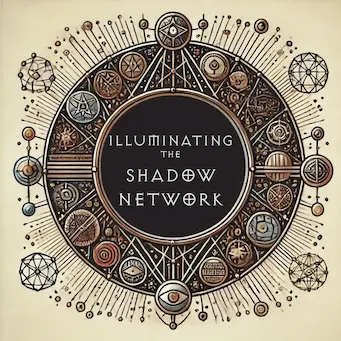Earl Comstock
Role: Contributor
Position: Former Director of Policy and Strategic Planning at the U.S. Department of Commerce
Background:
Earl Comstock served as the Director of Policy and Strategic Planning at the U.S. Department of Commerce during the Trump administration. In this role, he was responsible for overseeing the development and implementation of policy initiatives and strategic plans for the department. Comstock has a background in law and public policy, with extensive experience in telecommunications and trade issues. He holds a JD from Georgetown University Law Center and a BA from the University of Virginia.
Relation to Trump:
Comstock’s role as Director of Policy and Strategic Planning placed him at the heart of the Trump administration’s efforts to reshape U.S. trade and regulatory policies. He was involved in significant initiatives, such as the implementation of Section 232 tariffs, and played a key role in aligning the Department of Commerce’s strategic goals with the broader Trump administration agenda. His efforts often focused on deregulation and advancing policies that supported the administration’s economic priorities.
Scandals or Controversies:
Earl Comstock’s tenure at the Department of Commerce was marked by internal conflicts and controversies. He was involved in a significant policy debate over the inclusion of a citizenship question in the 2020 U.S. Census, which led to clashes with other top officials within the administration. These conflicts ultimately contributed to his departure from the Commerce Department. While not directly involved in personal scandals, his role in contentious policy decisions has been a point of scrutiny.
Potential Concerns:
Comstock’s background as a lobbyist and his influence over key policy decisions at the Department of Commerce may raise concerns about potential conflicts of interest, particularly in relation to the administration’s trade and telecommunications policies. His involvement in controversial initiatives, such as the Section 232 tariffs and the census citizenship question, further highlights the complex and sometimes contentious nature of his work.


